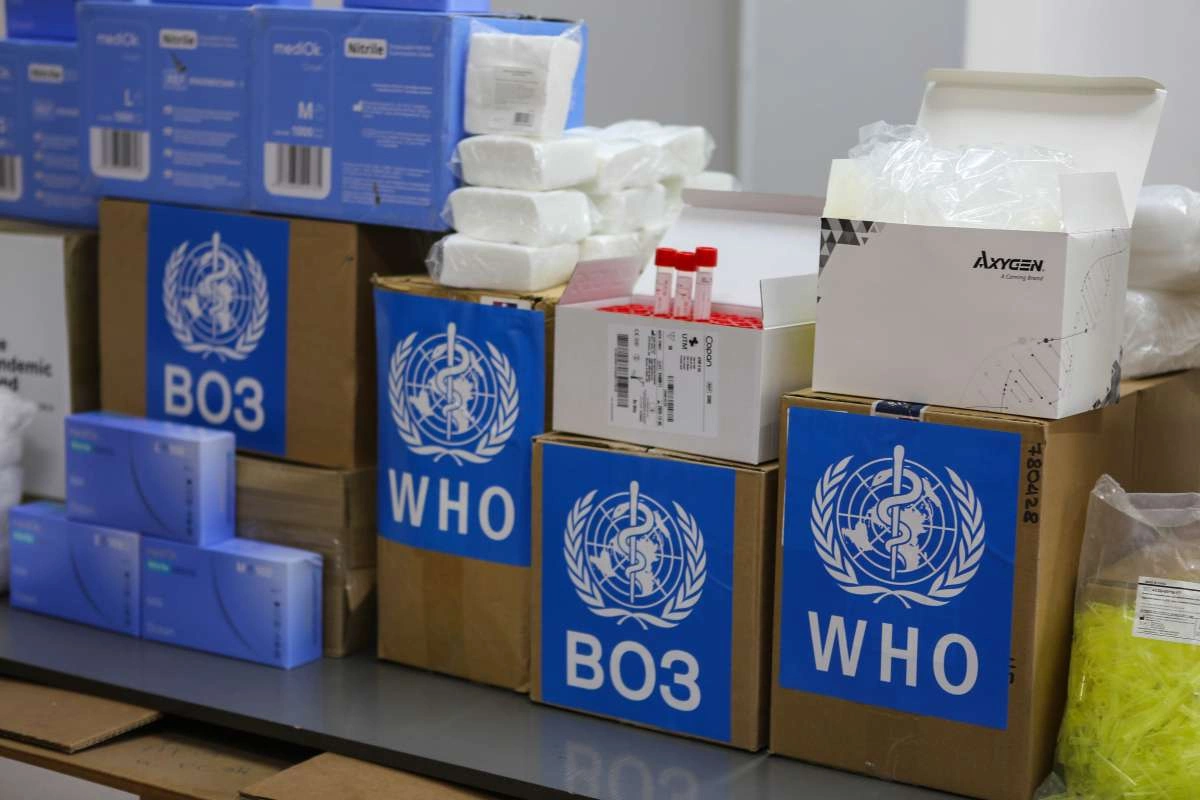
"The WHO, together with partners, continues to support Kyrgyzstan in strengthening preparedness and response to infectious threats," said WHO Representative in Kyrgyzstan Liviu Vedrasco.
Photo: Kabar news agency
The World Health Organization (WHO) in Kyrgyzstan has donated reagents to the country’s Department of Disease Prevention and State Sanitary and Epidemiological Surveillance for conducting 1,700 tests to detect the mpox (monkeypox) virus using the polymerase chain reaction (PCR) method.
Consumables were also provided, including disposable medical shoe covers, gowns, gloves, caps, test tubes and other necessary accessories, The Caspian Post reports, citing Kyrgyz media.
This cargo was provided as humanitarian aid by the WHO from the World Bank Pandemic Fund within the "Preparing and Responding to Pandemics using the One Health approach" program. The total value of the transferred materials is more than USD 20 thousand.
"The WHO, together with partners, continues to support Kyrgyzstan in strengthening preparedness and response to infectious threats. Access to modern laboratory capabilities is a key element in protecting public health," said WHO Representative in Kyrgyzstan Liviu Vedrasco.
“The donated materials will help strengthen laboratory capacity and improve early detection of the mpox virus, which is critical to preventing the spread of the infection,” Abdykadyr Zhoroev, Director of the Department of Diseases and State Sanitary and Epidemiological Surveillance, added.
On Aug.14, 2024, WHO Director-General Tedros Adhanom Ghebreyesus declared the sharp increase in monkeypox cases in the Democratic Republic of the Congo (DRC) and the increasing number of cases in other African countries to constitute a public health emergency of international concern (PHEIC). One of the key elements in combating a PHEIC is strengthening epidemiological surveillance and laboratory capacity in each country.
Share on social media
"The WHO, together with partners, continues to support Kyrgyzstan in strengthening preparedness and response to infectious threats," said WHO Representative in Kyrgyzstan Liviu Vedrasco.